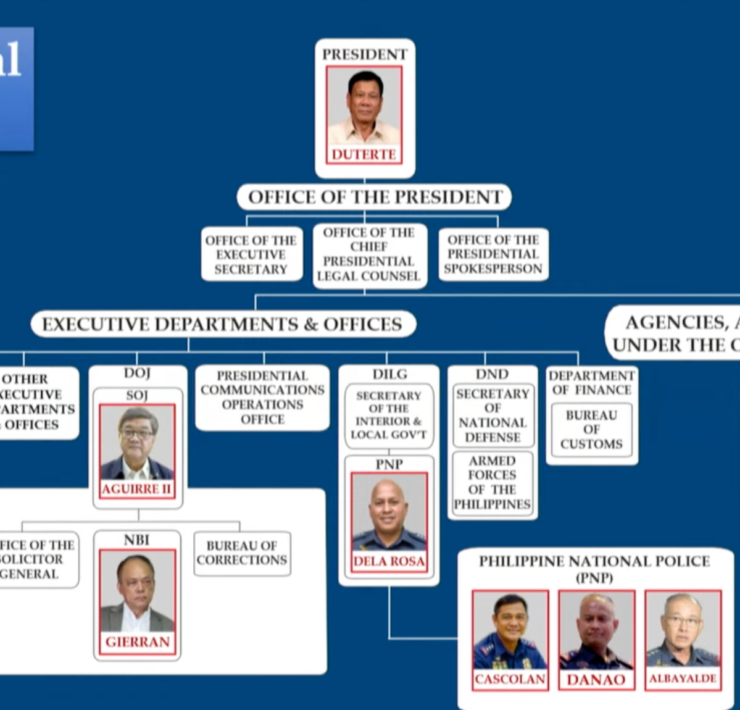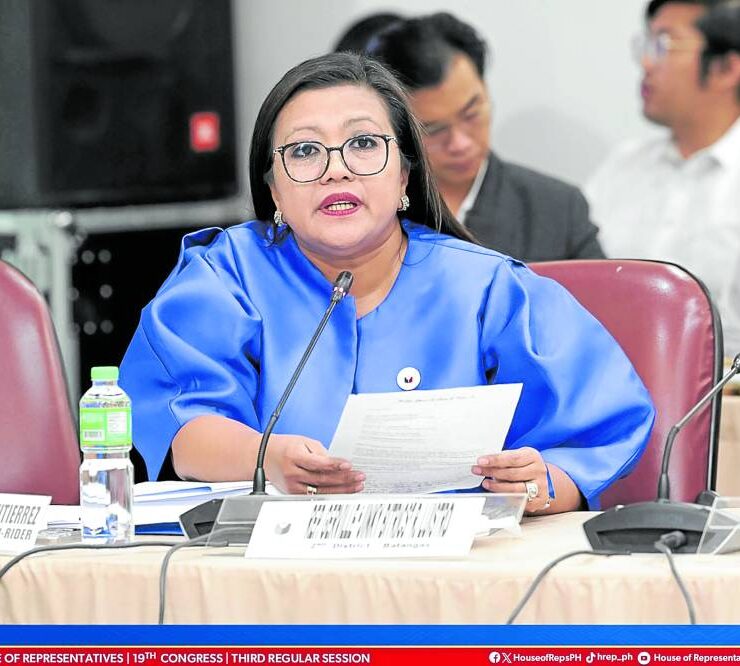Bills on gaming curbs take toll on major industry player

Online gaming giant DigiPlus Interactive Corp., which operates BingoPlus, ArenaPlus and GameZone, has acknowledged the beating that its share prices have been receiving following moves in Congress to rein in the popular gaming sector.
In a letter to the Philippine Stock Exchange (PSE) on Thursday night, DigiPlus said that the recent price shocks had been triggered by the filing on June 30 of the online gambling regulatory bill and online gambling prohibition bills at the Senate and House of Representatives.
DigiPlus stressed, however, that the bills were still “in the early stages of the legislative process and [have] not been enacted into law.”
Thus it remained “fully operational and committed to delivering value” to customers and shareholders.
“We continue to conduct business as usual and remain confident in the long-term growth potential of the company,” said the company led by billionaire Eusebio Tanco.
Aside from gaming, Tanco also has interests in shipping and logistics (Asian Terminals Inc.), education (STI Education System Holdings), insurance (Philippine First Insurance), stock brokerage (Venture Securities), preneed plans (PhilPlans), health care (PhilCare) and real estate.
BSP plans
But apart from the regulatory curbs proposed by legislators, the Bangko Sentral ng Pilipinas (BSP) spoke on Thursday about tightening the regulations on e-wallets and fintech firms like GCash and Maya that provide access to online games.
This BSP plan to issue a circular to implement safeguards against the risks associated with online gaming “contributed to the decline” of DigiPlus share prices, said Astro del Castillo, managing director at fund management firm First Grade Finance.
“An oversight of a government institution is much more immediate with sudden impact,” he added.
Steepest fall
As such, the free fall of DigiPlus continued on Friday.
It suffered the week’s steepest fall during this session, losing a hefty 23.87 percent to close at P29.50.
The former stock market darling has now lost 39 percent of its value since June 30, when bills calling for e-gaming regulatory curbs were filed.
This means that in the last four days alone, about P59 billion of its market capitalization has been wiped out.
Its stock price has now pulled back by 55 percent from the 52-week high of P65.30 last seen in June 11 this year.
“With the recent e-gaming bill oriented towards stricter regulations, this has prompted a massive selldown in terms of online casinos, such as PLUS (the trading symbol of DigiPlus).
Increased competition may have also played a factor in this downtrend, with the market observing whether further regulatory or macroeconomic changes may further weigh upon the company,” said Luis Gerardo Limlingan, head of sales at Regina Capital Development.
‘Know your customer’
The bill filed by Sen. Sherwin Gatchalian, in particular, proposes to require stricter know-your-customer rule, regulate advertising, impose a minimum top-up threshold of P10,000 (to discourage the poor from spending hard-earned money on gaming) and prevent e-wallets like GCash and Maya from acting as online payment platforms for online betting.
DigiPlus had been a market darling—valued much more than some banks and even other gaming firms with brick-and-mortar presence like Bloomberry—due to strong earnings delivered in recent years.
Major Pagcor source
In 2024, DigiPlus racked up P12.58 billion in net income, surging from P4.08 billion in 2023. In the first quarter of this year, its net income amounted to P4.2 billion versus P1.99 billion last year.
It has thus emerged as a major source of revenue for the Philippine Amusement and Gaming Corp. (Pagcor)
The gaming regulator on Thursday assured the public that it remained “fully committed to intensifying its efforts in the ongoing battle against the proliferation of illegal online gaming activities, together with like-minded agencies and organizations and with the support of all gaming industry stakeholders.”
Pagcor said it would dutifully follow “any and all relevant regulations once they are passed by Congress and signed into law by the President.”





















